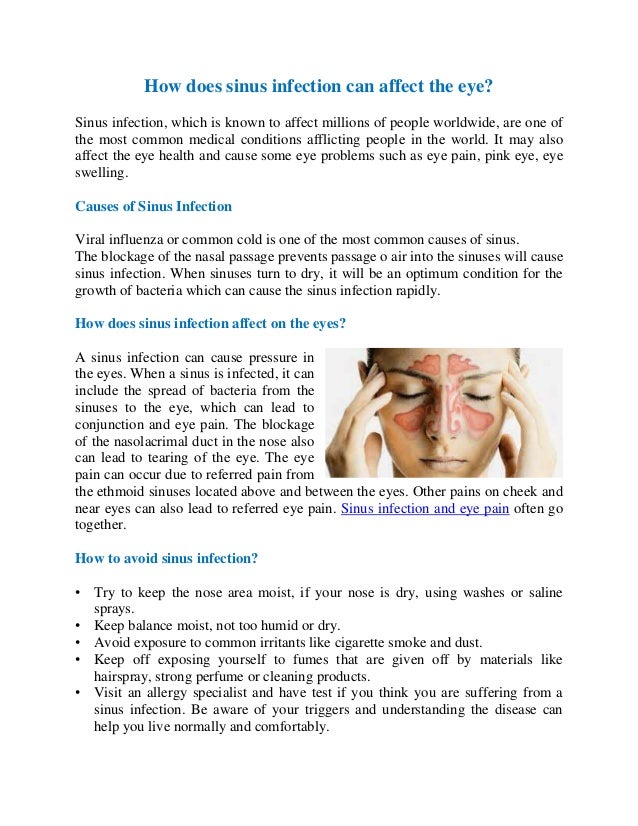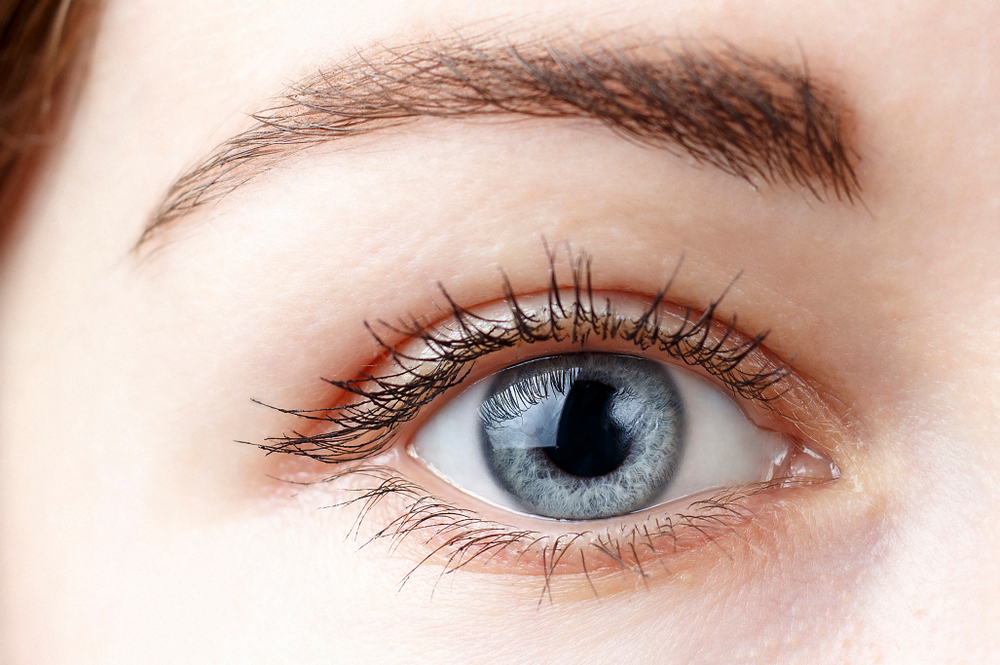Experiencing a black eye due to a sinus infection can be alarming, but it is a condition that affects many individuals globally. This isn't merely a cosmetic concern; it can indicate an underlying health issue that demands prompt attention. Gaining insight into the link between sinus infections and black eyes is essential for effective management and prevention.
Sinus infections, also known as sinusitis, can lead to unexpected complications, one of which is the development of a black eye. This condition arises because of the close proximity of the sinuses to the eye sockets, enabling inflammation or infection to spread. Early recognition of symptoms is crucial to avoid severe complications.
This article explores the causes, symptoms, and treatments of black eyes resulting from sinus infections. We will also cover preventive strategies and when to seek medical advice. By the end of this guide, you will have a thorough understanding of how to manage and prevent this condition effectively.
Read also:Telegram Teen Zoo
Table of Contents
- What Leads to a Black Eye from Sinus Infection?
- Identifying Symptoms of a Black Eye from Sinusitis
- How is a Black Eye from Sinus Infection Diagnosed?
- Treatment Options for Black Eye Due to Sinus Infection
- Ways to Prevent Black Eyes from Sinus Infections
- Possible Complications of Untreated Sinusitis
- Home Care Tips for Managing Symptoms
- Statistics on Sinus Infections and Black Eyes
- Frequently Asked Questions About Black Eye from Sinus Infection
- Conclusion and Final Thoughts
What Leads to a Black Eye from Sinus Infection?
A black eye caused by a sinus infection typically occurs when inflammation or infection spreads from the sinuses to the surrounding tissues. The sinuses, which are air-filled cavities near the eyes, can become inflamed or infected, leading to increased pressure and swelling that affects the eye area.
Understanding Sinus Anatomy
The ethmoid sinuses, located between the eyes, are often the source of this issue. When these sinuses are infected, the blood vessels around the eyes can become congested, resulting in discoloration and swelling.
- Ethmoid sinuses are directly adjacent to the eye sockets.
- Swelling or bleeding in these sinuses can cause discoloration under the eyes.
- Infections can lead to fluid buildup, creating a bruised appearance.
Common Causes of Sinus Infections
Sinus infections are commonly caused by viral, bacterial, or fungal pathogens. Allergies and environmental irritants can also contribute to sinus inflammation.
- Viral infections, such as the common cold.
- Bacterial infections, such as Streptococcus pneumoniae.
- Fungal infections, particularly in individuals with weakened immune systems.
Identifying Symptoms of a Black Eye from Sinusitis
The symptoms of a black eye caused by sinus infection can vary, but they generally include noticeable signs around the eyes and other systemic symptoms.
Visual Symptoms
One of the most apparent symptoms is discoloration around the eyes, often accompanied by swelling.
- Dark bruising around the eye area.
- Puffiness or swelling of the eyelids.
- Persistent redness or irritation.
Systemic Symptoms
Other symptoms that may suggest a sinus infection include:
Read also:Will Ferrel Teeth
- Facial pain or pressure, particularly around the eyes and forehead.
- Thick nasal discharge or post-nasal drip.
- Fever and fatigue.
How is a Black Eye from Sinus Infection Diagnosed?
Diagnosing a black eye caused by a sinus infection involves a comprehensive evaluation by a healthcare professional. They may use imaging tests and physical exams to determine the underlying cause.
Physical Examination
A doctor will examine the affected area for signs of swelling, discoloration, and tenderness. They may also check for other symptoms of sinusitis.
Imaging Tests
In some cases, imaging tests such as CT scans or MRIs may be necessary to assess the extent of the infection and its impact on surrounding tissues.
Treatment Options for Black Eye Due to Sinus Infection
Treatment for a black eye caused by a sinus infection focuses on addressing the underlying sinus issue while managing symptoms.
Medications
- Antibiotics for bacterial infections.
- Decongestants to reduce nasal swelling.
- Pain relievers to manage discomfort.
Home Remedies
In addition to medical treatments, home remedies can help alleviate symptoms:
- Warm compresses to reduce swelling.
- Hydration to thin mucus.
- Rest to aid recovery.
Ways to Prevent Black Eyes from Sinus Infections
Prevention is crucial to avoiding black eyes caused by sinus infections. Here are some tips:
- Maintain good nasal hygiene.
- Avoid exposure to allergens and irritants.
- Stay hydrated and use a humidifier during dry seasons.
Possible Complications of Untreated Sinusitis
If left untreated, sinus infections can lead to serious complications:
- Orbital cellulitis, an infection of the eye socket.
- Infection spreading to the brain.
- Chronic sinusitis with recurring symptoms.
Home Care Tips for Managing Symptoms
While medical treatment is essential, home care can complement it:
- Use saline nasal sprays to keep nasal passages clear.
- Apply cold compresses to reduce swelling.
- Practice good sleep hygiene to support healing.
Statistics on Sinus Infections and Black Eyes
According to the American Academy of Otolaryngology, sinus infections affect approximately 31 million people in the United States annually. While not all cases result in black eyes, the proximity of the sinuses to the eyes makes this complication more common than one might expect.
Frequently Asked Questions About Black Eye from Sinus Infection
Can a black eye from sinus infection heal on its own?
In mild cases, it may resolve with time, but consulting a doctor is advisable to ensure there are no underlying complications.
How long does it take for a black eye from sinus infection to heal?
Recovery times vary, but most cases improve within 1-2 weeks with proper treatment.
Conclusion and Final Thoughts
A black eye caused by a sinus infection is a condition that requires attention and care. By understanding its causes, recognizing symptoms early, and seeking appropriate treatment, individuals can prevent severe complications. Always consult a healthcare professional for an accurate diagnosis and treatment plan.
We encourage you to share your experiences or ask questions in the comments below. For more informative articles on health and wellness, explore our other content. Stay informed, stay healthy!


